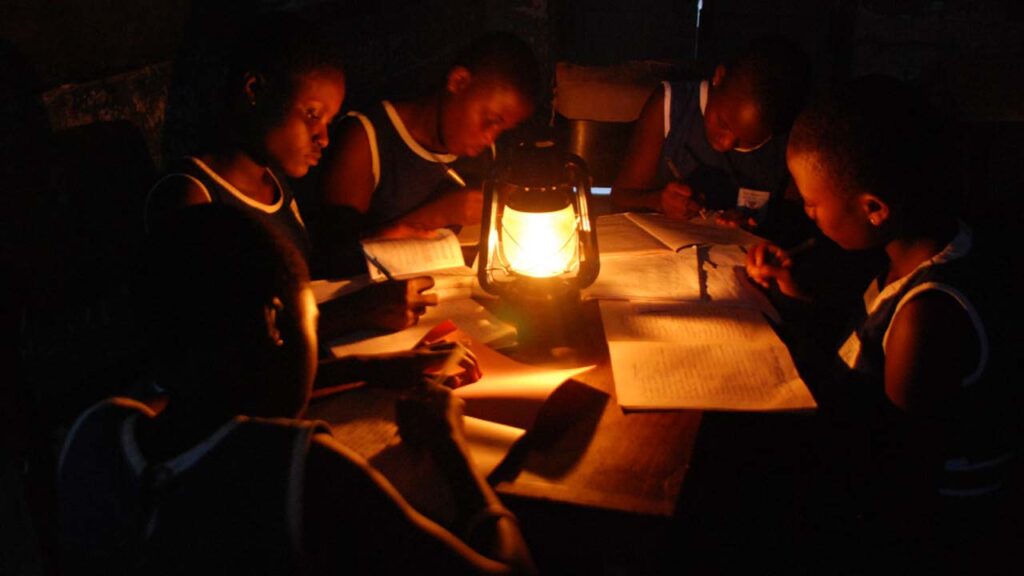
As we continue to strive for progress and development in Ghana, it is imperative to address the persistent issue of power outages that plague our nation. These frequent blackouts not only disrupt daily life but also significantly impact our education sector, hindering the learning process and impeding technological advancements in classrooms.
One of the most concerning consequences of these power outages is their detrimental effect on students’ performance and long-term educational outcomes. Without consistent access to electricity, students are unable to study effectively, complete assignments, or engage in digital learning resources. This disrupts the continuity of their education and undermines their academic achievements. Moreover, the stress and frustration caused by unreliable power can lead to decreased motivation and disengagement among students, further exacerbating the problem.
Furthermore, the lack of reliable power also poses a significant barrier to the integration of technology in classrooms. In today’s digital age, technology plays a crucial role in enhancing teaching and learning experiences. However, without consistent electricity, schools are unable to utilize educational tools such as computers, projectors, and interactive whiteboards to their full potential. This not only limits the quality of education provided but also widens the digital divide between students who have access to technology and those who do not.
In light of these challenges, we urge the Ministry of Energy to take proactive measures to address the issue of power outages. One crucial step towards mitigating the impact of blackouts on the education sector is to provide a timetable for power outages. By informing the public in advance about scheduled power cuts, Ghanaians can better plan and manage their activities, including studying and attending classes. This transparency will help minimize disruptions to the learning process and enable students to adapt their study schedules accordingly.
Additionally, we call upon the government to prioritize investments in improving the reliability and efficiency of our energy infrastructure. This includes upgrading existing power plants, investing in renewable energy sources, and implementing smart grid technologies to better manage electricity distribution. By modernizing our energy infrastructure, we can reduce the frequency and duration of power outages, ensuring uninterrupted access to electricity for all sectors of society, including education.
In conclusion, addressing the issue of power outages is crucial for the future of Ghana’s education sector. By providing a timetable for power outages and investing in energy infrastructure improvements, we can create a more conducive learning environment for students and empower educators to harness the full potential of technology in the classroom. We urge the government to prioritize this issue and take decisive action to ensure a brighter future for all Ghanaian learners.
Sincerely,
William Boadi
Executive Director of Educate Africa Institute (EAI), Educationist, Political analyst and Social Worker.
+233541935106.
EAI: Promoting Quality Education, Ensuring Social Justice.







